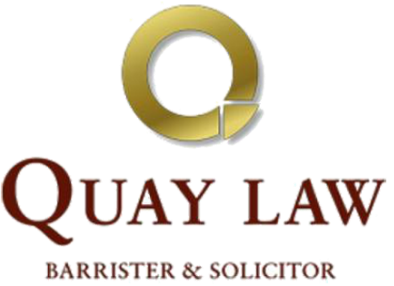the hidden dangers of unconsented works when buying or selling a house in nz
Introduction:
Picture this: You’ve found the perfect house, the one that ticks all the boxes – the dream home you’ve been searching for. But wait! Before you get carried away with visions of cozy nights by the fireplace, there’s something you need to know. Unconsented works can turn your dream into a financial nightmare, potentially costing you hundreds of thousands of dollars. In this article, we’ll explore the risks involved and offer you valuable advice on navigating this tricky situation.
Unconsented Works and Their Impact:
Unconsented works refer to any additions or alterations made to a property without the proper council approval. A seemingly innocent unconsented deck or ensuite can have far-reaching consequences, as potential buyers may struggle to secure mortgages due to these illegal modifications. This lack of financing options can severely limit the competition for your property, ultimately diminishing its value.
Options for Homeowners:
Fortunately, homeowners faced with unconsented works have several options. The first and most straightforward choice is to remove the unconsented works altogether. However, for works completed before 1992, obtaining a safe and sanitary report from a qualified inspector may be sufficient to address any concerns. For post-1992 works, applying for a certificate of acceptance (CoA) is advisable, or alternatively, rebuilding the offending works with proper consent.
The Importance of Legal Advice:
Navigating the complexities of unconsented works can be overwhelming. Many homeowners mistakenly believe that obtaining retrospective consent or letters of acceptance is a mere formality. Unfortunately, this misconception can lead to costly mistakes. Seeking legal advice is crucial to ensure you receive the right guidance and perform the necessary due diligence. A reputable property lawyer can help you understand the difference between a Code Compliance Certificate (CCC) and a certificate of acceptance, ensuring you make informed decisions throughout the process.
The Challenges of Obtaining a CoA:
Even if homeowners recognize the need for a CoA, there’s no guarantee of approval. Applying for a CoA is not a mere formality; it involves a thorough evaluation by council inspectors. What’s more, the application is often forwarded to town planning departments to determine if additional resource consent is required. This process takes time and can delay the buying or selling of a property.
The Pitfalls of Ensuite Bathrooms:
Ensuite bathrooms are commonly found to have unconsented works. Even if your ensuite is well-built and modern, obtaining a CoA can be an arduous task. Council inspectors are unable to see what lies beneath the surface, making it difficult to assess the quality of workmanship. To obtain a CoA, you may need to provide all the necessary paperwork from water-proofers, tilers, plumbers, and electricians. This meticulous documentation can add significant costs and stress to the process.
The Importance of Early Advice:
For property sellers, ignoring unconsented works can be a costly mistake. Seeking advice early on is crucial, whether you’re selling or buying a property. By partnering with a trusted legal expert like Quay Law, you can navigate the complexities and protect your investment.
Conclusion:
When it comes to unconsented works in the NZ property market, ignorance is far from bliss. Failing to address these issues can have severe financial implications for both buyers and sellers. By understanding your options, seeking legal advice, and partnering with a reputable property lawyer, such as Quay Law, you can safeguard your investment and ensure a smooth transaction process. Don’t let unconsented works turn your dream home into a financial nightmare. Take the necessary steps to protect your interests and make informed decisions.
For your experienced conveyancing support
The post The Hidden Dangers of Unconsented Works When Buying or Selling a House in NZ appeared first on Auckland Lawyers.


